Nature has the power to leave people in awe. From the bright northern lights to the dark eclipses, every phenomenon leaves a major impact on us. One such magnificent phenomenon that has transformed a lot of lives is a total solar eclipse. As per Vox, once every 18 months or so, there occurs a total solar eclipse. People who love to watch the total eclipse, or rather chase it, are known as the eclipse chasers. These people have expressed that their first total eclipse was so remarkable that it helped them feel more connected to the world and people.
David Makepeace, an eclipse-chaser and filmmaker, shared with National Geographic that he remembers the first time he witnessed a total eclipse down to the minute in 1991 in La Paz Mexico. He said, "Absolutely floored me, wiped my slate clean, and I spent the next couple of days sitting on the shores of the Sea of Cortez with the pelicans wondering about everything." The eclipse Makepeace experienced was the longest in almost a hundred years.
As the shadow of the eclipse went away 7 minutes later, Makepeace knew that he wanted to experience it again and again. 33 years after his first experience, Makepeace is one of the most popular eclipse chasers, as per the outlet. He has seen 17 total solar eclipses and traveled all seven continents to chase them. “Nothing extraterrestrial, but a firehose to the face of your fundamental humanity. Emotions are high; tears fall; you’ll think: ‘That was the most beautiful thing I’ve seen and I’m not sure what happened to me, but it meant something'," Makepeace explains the intense emotions an eclipse makes him feel.
Kate Russo, an eclipse-chaser and psychologist, shares with Vox, "I had no idea that it was going to be so powerful and emotive and euphoric and exciting... It's very unlike any other experience. This is why we eclipse chasers are so passionate. We so want to share this experience with other people." Russo tells National Geographic that totality is an event that everyone needs to experience. She says, "This is a human event, it’s not just for astronomers. We all need to experience it. You don’t need to know anything about it to feel that overwhelming sense of awe.” Russo has used her work in clinical psychology to understand the impact an eclipse has on humans. She has also written several books on the subject, including "Being in the Shadow: Stories of the First-time Total Eclipse Experience."
On April 8, several people in the United States will get to witness the marvelous phenomenon. Russo informs the magazine for Greater Good Science Center, "We know the emotion of awe involves vastness: We get a sense of the significance of something and how powerful it is in relation to us, and so we feel insignificant ourselves. We have to actually change our mental structures to help us understand what we’re seeing because it’s just so vast, so huge." She also stated that witnessing a total solar eclipse makes a person "feel connected to our primitive ancestors," among many other things.





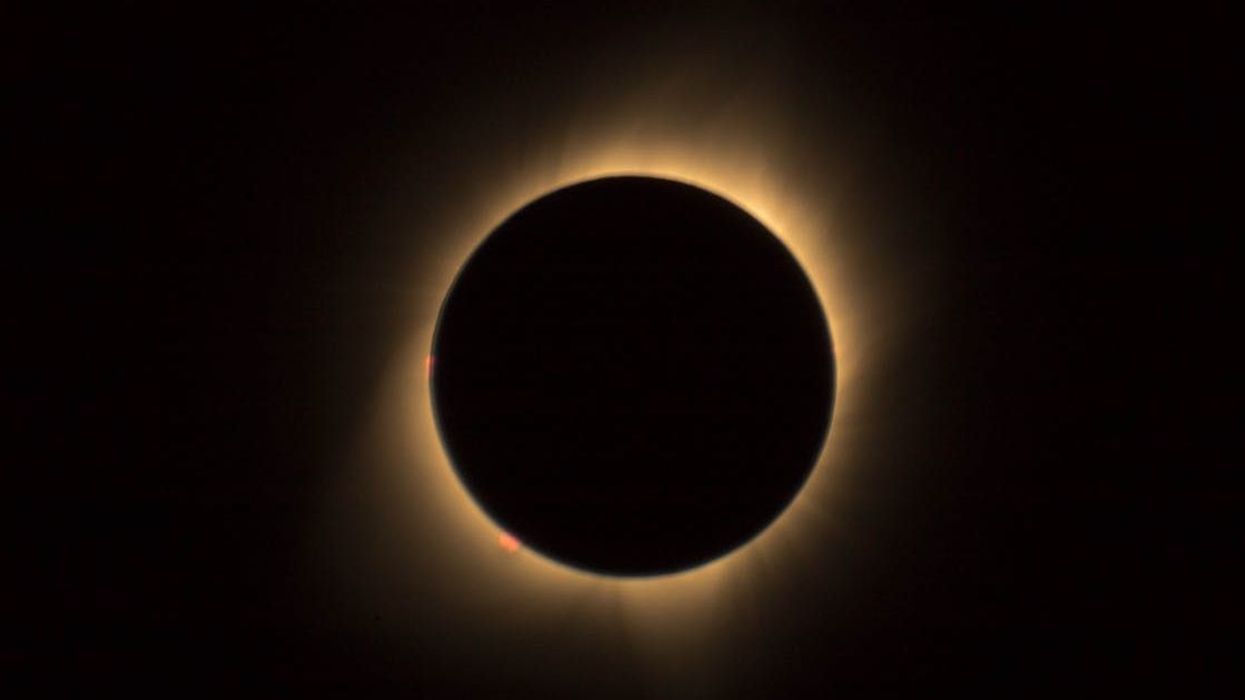












 A symbol for organ donation.Image via
A symbol for organ donation.Image via  A line of people.Image via
A line of people.Image via 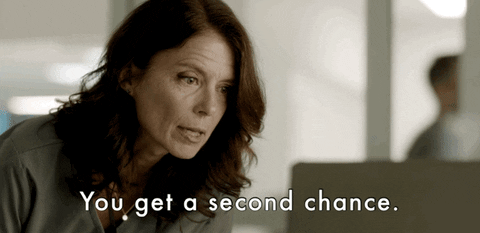 "You get a second chance."
"You get a second chance." 
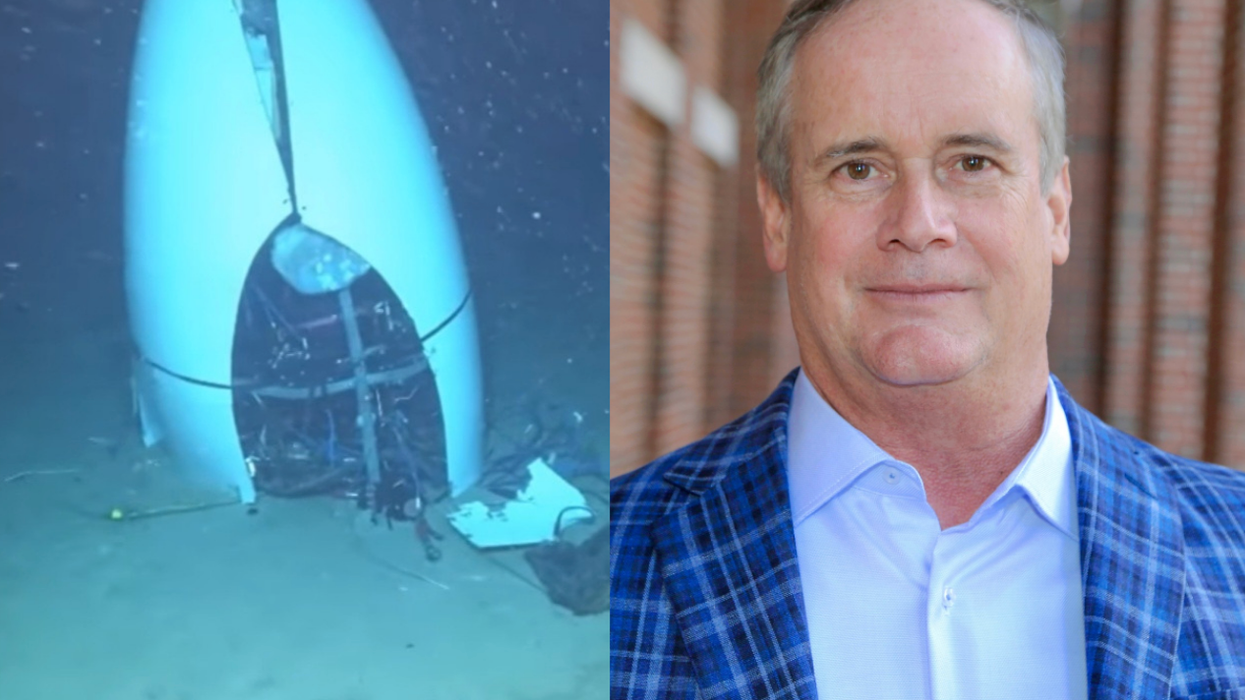

 Some plastic containers.Representational Image Source: Pexels I Photo by Nataliya Vaitkevich
Some plastic containers.Representational Image Source: Pexels I Photo by Nataliya Vaitkevich Man with a plastic container.Representative Image Source: Pexels | Kampus Production
Man with a plastic container.Representative Image Source: Pexels | Kampus Production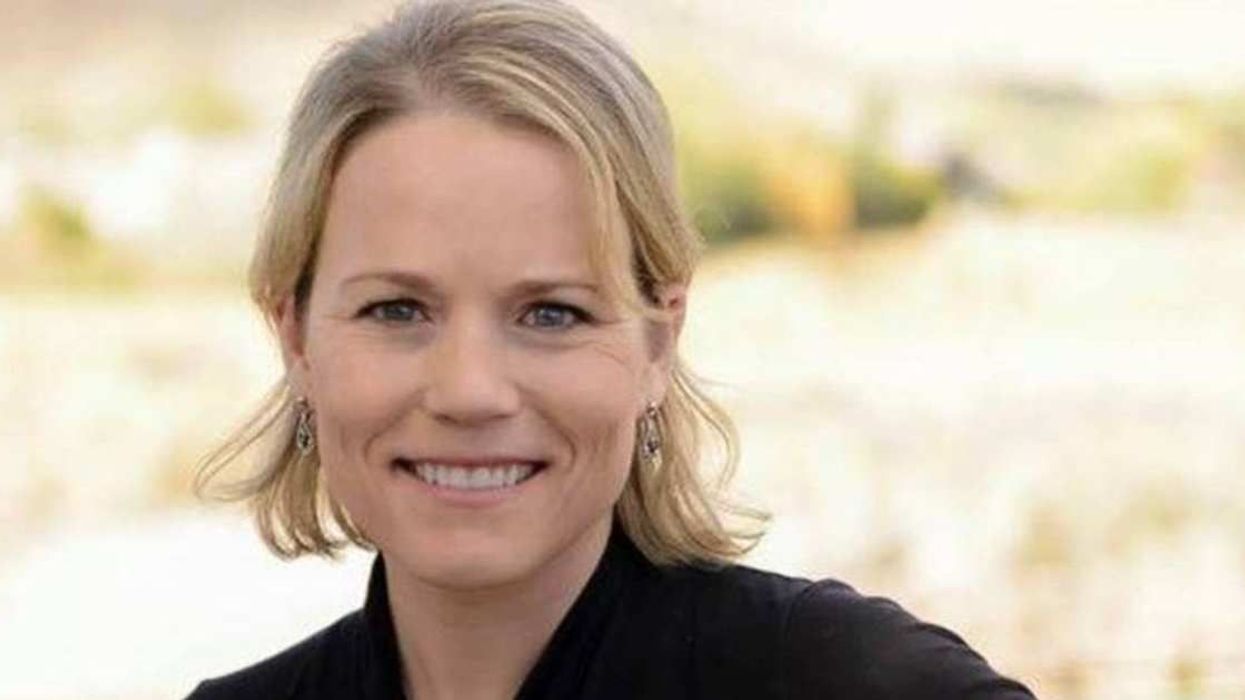
 Canva
Canva It's easy to let little things go undone. Canva
It's easy to let little things go undone. Canva
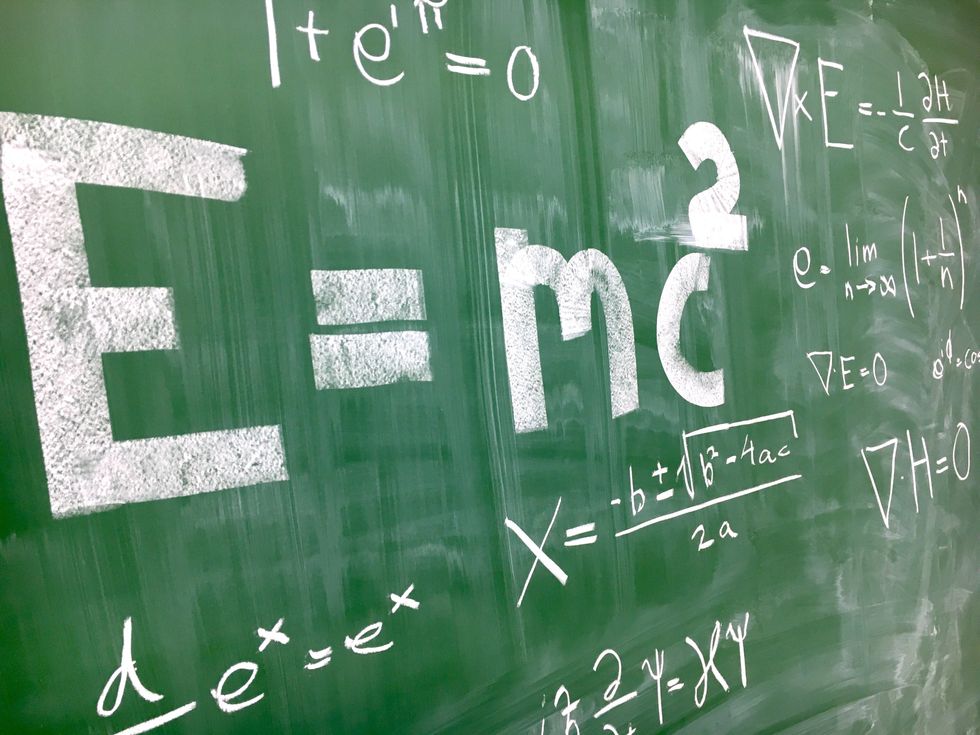 Photo by
Photo by 
 Teens are waiting longer than at any point in the survey’s history. Canva
Teens are waiting longer than at any point in the survey’s history. Canva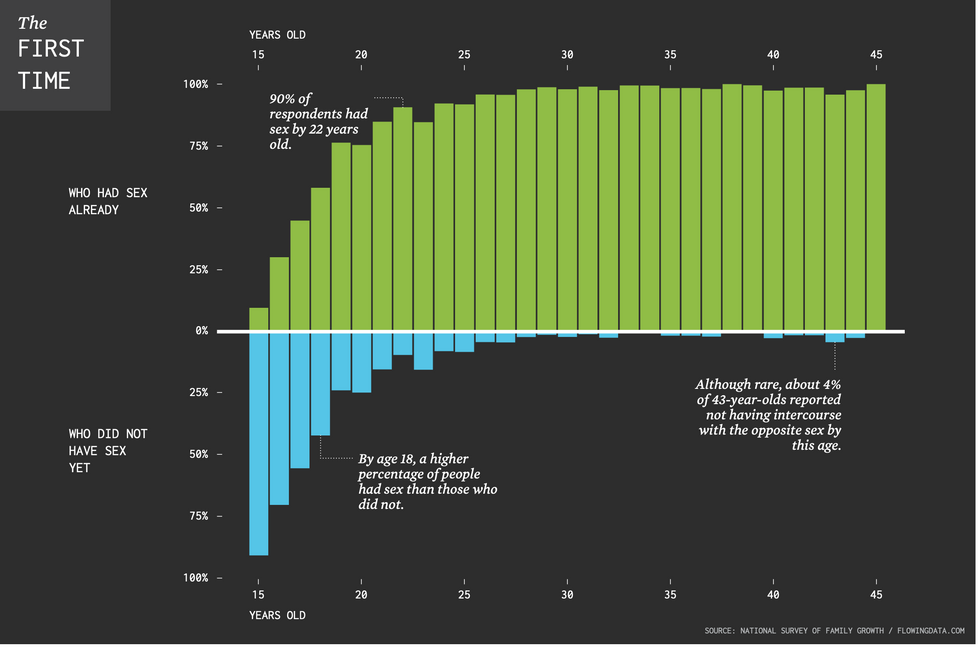 Chart on the age of a person’s first time having sex.National Survey of Family Growth/flowing data.com | Chart on the age of a person’s first time having sex.
Chart on the age of a person’s first time having sex.National Survey of Family Growth/flowing data.com | Chart on the age of a person’s first time having sex.
 Kids know the good adults from the bad.
Kids know the good adults from the bad.